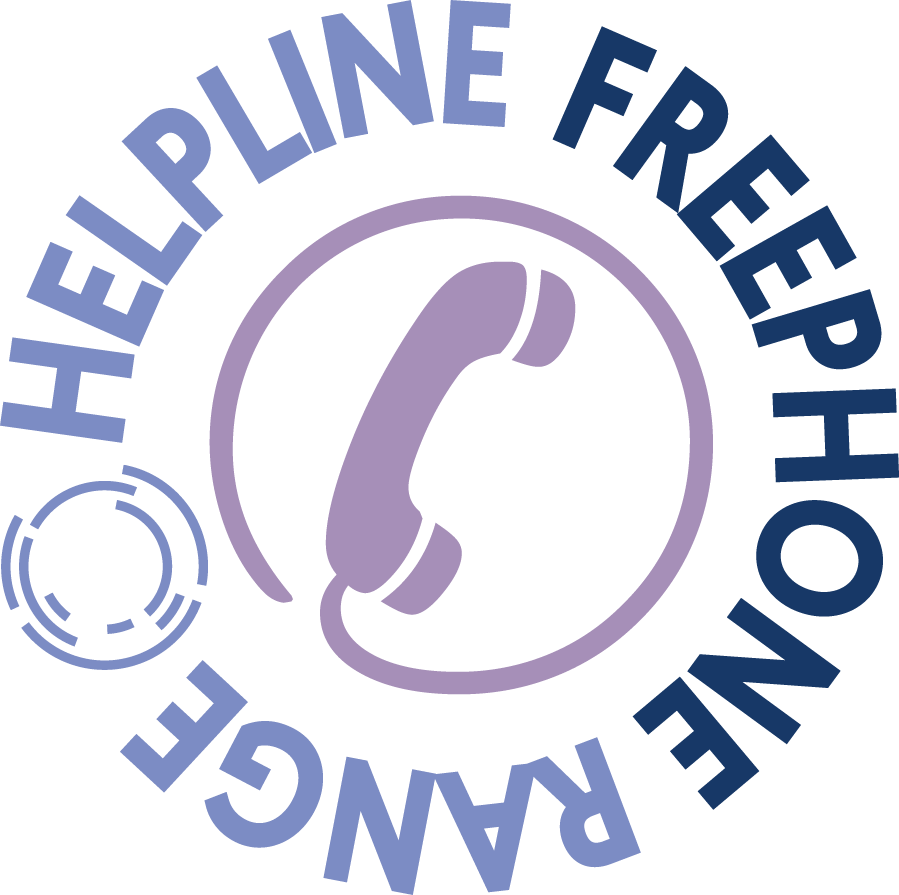While recognising the incredible work done over recent weeks by politicians, policy makers and decicated front-line professionals, the charities are highlighting the need to protect unborn and very young children and their parents from the serious harm as a result of the response to the COVID-19 outbreak.
The statement comes in response to decisions from some local areas to redeploy significant numbers of staff from vital services such a health visiting, perinatal mental health and parent-infant teams that would normally support parents and safeguard babies. In some areas of England at least 50% of these highly skilled staff are being redeployed into other health services.
The organisations, which form part of the First 1001 Days Movement, describe the huge risks faced by some babies and toddlers as a result of increased pressure on already vulnerable parents, and the scaling back of services that would normally support them. They argue that babies, both born and unborn, and their parents should be given particular attention as this is a critical period with serious immediate and long-term consequences.
In a joint statement, the charities state that, “It has already been widely recognised that for some people, home is not a safe haven. Across the UK, there are babies and children in lockdown in poor quality and overcrowded housing, with shortages of basic supplies, cared for by parents under immense pressure. Babies, born and unborn, are particularly vulnerable to physical and emotional harm because they are at a critical stage in their development, are fragile, totally dependent on adults for their care, and unable to speak out or seek help. Therefore, it is essential that Government is keeping their needs in mind.”
Research shows that, prior to the crisis, between 10-20% of women experienced mental health problems in the perinatal period[1] and 25,000 babies in England live in households where their parent or parents are already struggling with at least two significant issues – parental mental illness, domestic abuse and/or substance misuse.[2] These problems are escalating during the COVID-19 crisis as a result of the range of stresses facing families.
The charities write that families will be struggling behind closed doors, unknown to services. “We can’t expect that families in trouble will ask for help: we know that parents often hide their struggles for fear of stigma and judgment. Babies can’t speak out.”
The statement calls on local services to work together to ensure that there is sufficient support for parents, and protection for children, not only for families known to be at risk before the crisis, but also those families who may be experiencing new or heightened problems as a result of the crisis.
While many services are working hard to deliver services in different ways – such as phone calls, video consultations and online forums – the charities argue that these may not be enough to reach families suffering from multiple disadvantage, and to understand what is really happening to babies in those households.
The organisations are calling on the UK Government to:
- Ensure that the physical and emotional needs of the youngest children are considered more explicitly and transparently by those making decisions about the response to COVID-19. Provide clarity on who in high-level decision making forums, such as COBRA, is representing the needs of babies and their parents.
- Provide clear guidance for health and social services on maintaining vital support for families. This must encourage an informed and coordinated local approach in each area that draws on partnerships between statutory agencies and charities (utilising any local volunteers effectively and appropriately) to ensure all families get the support they need. This guidance should minimise the re-deployment of staff from community services, in particular health visiting, parent-infant and perinatal mental health teams, recognising that these services provide essential support to families at highest risk and are needed more than ever. Decision makers must balance action to tackle COVID-19 with action to reduce its immediate and long-term negative impact on parents and the next generation.
- Ensure that the strategy to end the lockdown considers the needs of babies and their families, and the services that work with them. Government must consider how services can swiftly and safely return to offering high-quality face to face support to families and how additional support can be put in place to mitigate the impacts of social distancing, particularly on the most vulnerable families.
The charities are calling for national leadership to champion the needs of the youngest children and their families, not only during the outbreak but also beyond it.
Sally Hogg, Head of Policy and Campaigning at the Parent-Infant Foundation and Coordinator of the First 1001 Days Movement, said: “For a long time, charities, professionals and parliamentarians have called for there to be a senior Minister in Government with clear responsibility for the wellbeing of children – beginning in pregnancy. Perhaps if such a person had been in place, we would have seen more attention paid to the needs of the youngest children in response to COVID-19. Babies don’t have a voice. This is a time when they need someone to be speaking up for them, and championing their needs at the highest levels in Westminster and Whitehall.”
Anne Longfield, the Children’s Commissioner for England said: “I support this statement from the 1001 Days Movement. While thankfully babies and toddlers seem to be at lower risk of COVID-19 illness, we know that many are vulnerable to a host of secondary risks. Lockdown places additional pressures on parental mental health, family finances and relationships, and leaves families without their support networks. Families with vulnerable young children need help in caring for, bonding with and supporting the development of their babies and toddlers”
[1] Bauer, A., Parsonage, M., Knapp, M., Iemmi, V., & Adelaja, B. (2014). Costs of perinatal mental health problems.
[2] Miles, A. (2018). A Crying Shame A report by the Office of the Children’s Commissioner into vulnerable babies in England

